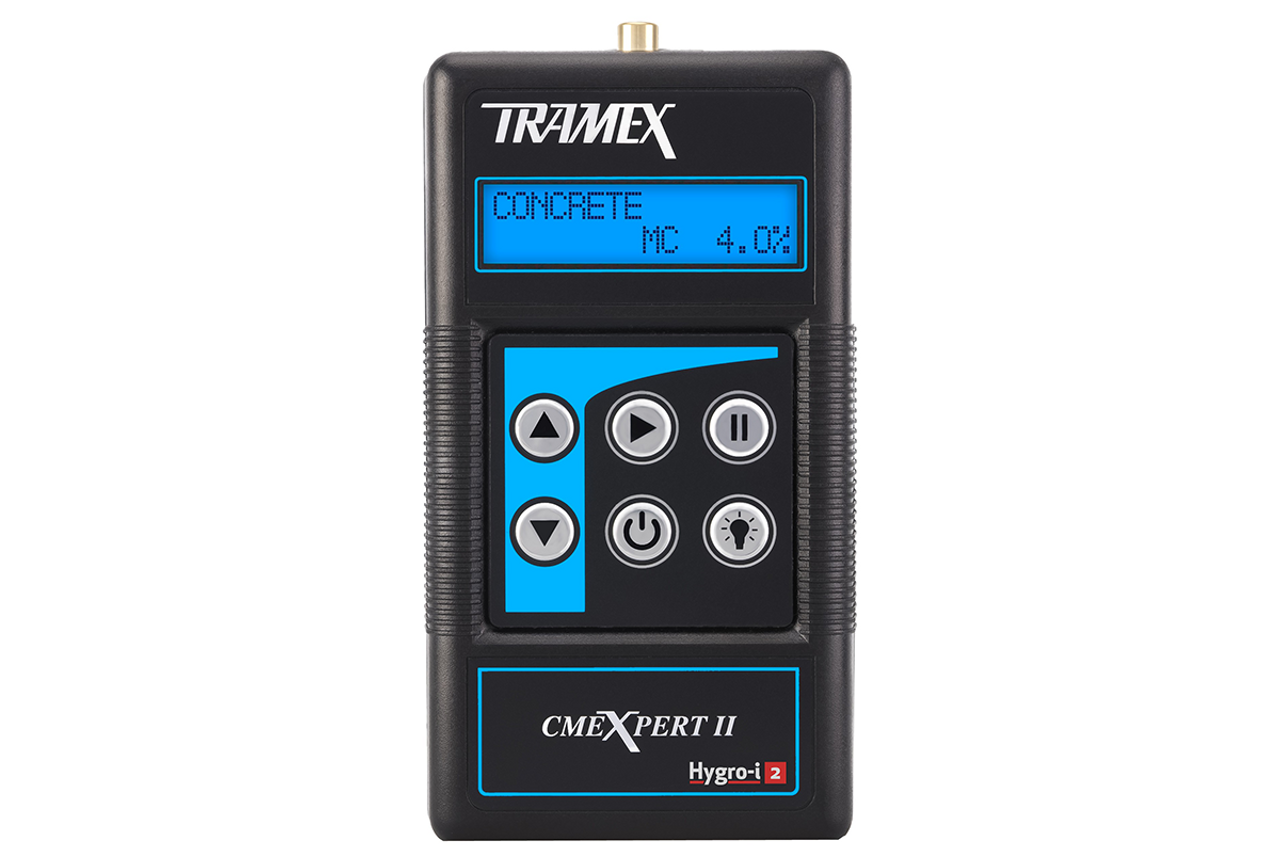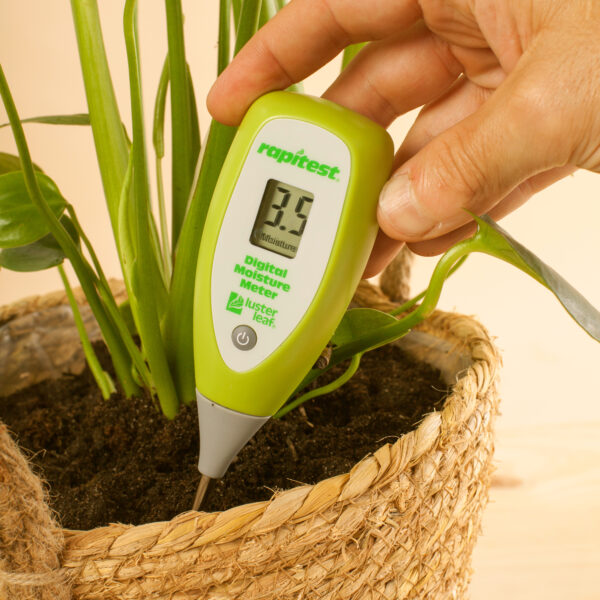Moisture Meter Reviews: Contrasting the most effective Versions for Professional and DIY Use
Moisture Meter Reviews: Contrasting the most effective Versions for Professional and DIY Use
Blog Article
The Ultimate Guide to Moisture Meters: A Comprehensive Introduction and Just How They Can Conserve You Money
In the realm of building upkeep, construction, and numerous sectors, the relevance of properly determining moisture levels can not be overemphasized. Wetness meters work as vital tools in discovering and keeping an eye on moisture material in materials, assisting in protecting against expensive damages and ensuring the top quality of items. Understanding the subtleties of various kinds of dampness meters, their applications, and the prospective cost-saving benefits they offer can be a game-changer for organizations and specialists alike. Uncovering exactly how these devices can not just improve procedures however also add to monetary savings is a trip worth starting.
Kinds Of Moisture Meters
One usual type is the pin-type wetness meter, which gauges the electric resistance between two pins placed right into a material. Pinless moisture meters, on the other hand, usage electro-magnetic sensor plates to scan a larger location without creating damage to the material's surface area.
Furthermore, there are also specialty wetness meters made for particular products like hay, grain, or soil. These meters provide precise dampness readings tailored to the special buildings of the material being evaluated. Infrared dampness meters measure the thermal properties of a material to identify its moisture content non-invasively, making them beneficial for applications where pin or pinless meters might not appropriate. Comprehending the different sorts of dampness meters readily available can aid industries select one of the most appropriate tool for their details dampness dimension demands.

Benefits of Using Moisture Meters

Moreover, making use of moisture meters can cause raised energy efficiency. By determining locations with high dampness levels, such as leaks or poor insulation, modifications can be made to boost power conservation and minimize utility prices. In agricultural settings, dampness meters play a critical function in enhancing plant yields by allowing farmers to keep an eye on dirt dampness degrees and make educated watering choices. Overall, the benefits of using moisture meters span across various industries, offering economical options and advertising far better quality assurance techniques.
Exactly How to Pick the Right Moisture Meter
Choosing the appropriate moisture meter includes taking into consideration essential aspects such as product compatibility, measurement array, and calibration accuracy. When selecting a moisture meter, it's necessary to guarantee that the meter appropriates for the specific material official site you will certainly be testing. Different products have varying electrical buildings that can impact wetness readings, so selecting a meter created for your material is crucial for exact results. In addition, think about the measurement array of the moisture meter. Make certain that the meter can find moisture degrees within the range needed for your applications. Calibration accuracy is an additional vital factor to maintain in mind (Moisture Meter). Choose a dampness meter with reliable calibration to make certain specific and regular analyses. Some meters may call for regular calibration changes, so understanding the calibration procedure is crucial. By very carefully examining these variables, you can choose a dampness meter that fulfills your needs and offers accurate dampness measurements for your projects.
Correct Methods for Moisture Meter Use
To guarantee precise dampness readings and maximize the efficiency of a wetness meter, using proper techniques is necessary. When making use of a pin-type moisture meter, insert the pins or probes into the material being evaluated up until they make complete call. Make certain the pins are perpendicular to the surface to get one of the most specific analysis. For pinless moisture meters, hold the device flat versus the product and relocate gradually to cover the entire area for a typical analysis. It's crucial to calibrate the moisture meter according to the material being my review here examined to boost accuracy. Take several readings throughout the surface area and ordinary them out for a more trusted result. Furthermore, make sure that the product being tested is adapted to the environment to protect against skewed readings. Routine upkeep of the dampness meter, such as cleansing the pins or sensor, is likewise crucial to make certain precise and constant readings. By adhering to these correct methods, users can count on their dampness meter to supply credible moisture degrees, helping in avoiding costly damages or making certain high quality in various applications.

Cost Savings Via Moisture Meter Applications
How can the critical usage of dampness meters result in substantial expense financial savings throughout various sectors? Moisture meters play a critical role in expense savings by preventing prospective damages and ensuring quality assurance in different sectors. In the agriculture sector, moisture meters aid in identifying the ideal time for collecting crops, avoiding excess or over-drying moisture that can impact the final product's high quality. This specific monitoring assists farmers avoid unnecessary losses and maximize their yield.

Moreover, in the food handling market, dampness meters are crucial for monitoring product quality and ensuring compliance with safety regulations. By accurately gauging dampness web content in food items, suppliers can protect against perishing, keep quality, and reduce waste, leading to substantial price financial savings. On the whole, the critical application of dampness meters is a beneficial financial investment that can cause substantial cost decreases and boosted performance throughout different industries.
Conclusion
In final thought, dampness meters are important devices for determining and spotting dampness levels in numerous products. By making use of the best dampness meter a fantastic read and complying with appropriate methods, customers can efficiently stop pricey damages triggered by excess wetness.
Dampness meters serve as crucial tools in discovering and checking moisture content in materials, helping in protecting against costly damages and guaranteeing the top quality of items. Infrared dampness meters measure the thermal buildings of a material to determine its wetness web content non-invasively, making them useful for applications where pin or pinless meters may not be appropriate.Dampness meters supply important advantages in precisely examining and checking wetness levels in diverse products and settings. In farming settings, wetness meters play a critical duty in maximizing plant returns by allowing farmers to keep an eye on soil moisture levels and make informed watering choices.In final thought, wetness meters are important tools for gauging and detecting dampness degrees in different materials.
Report this page